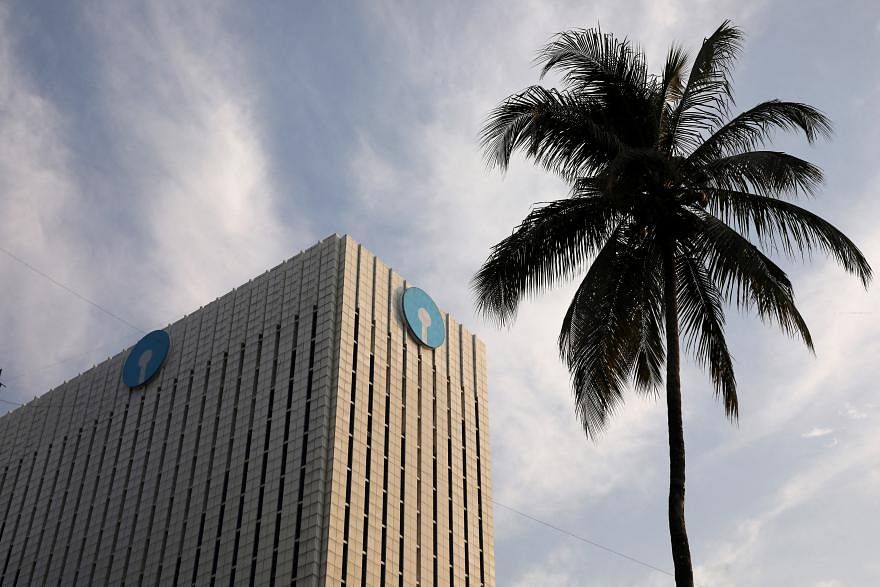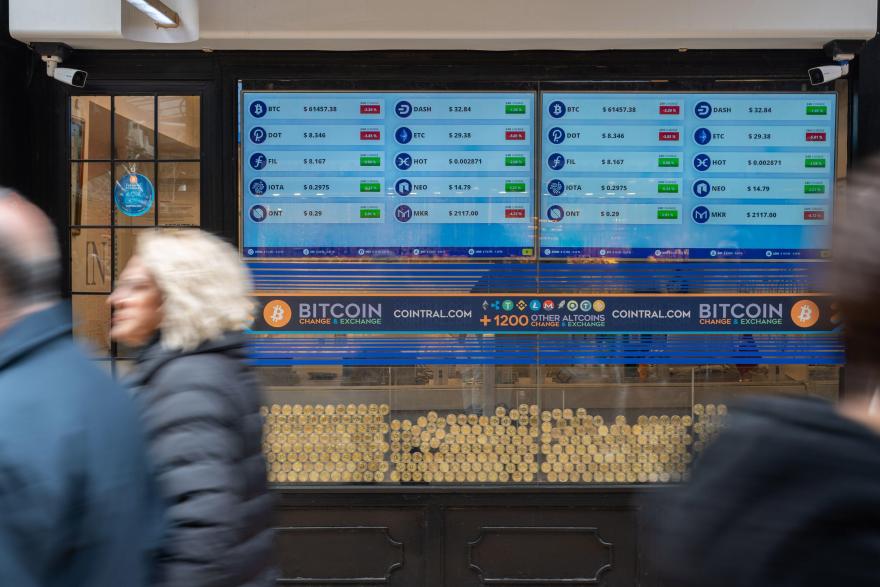[ad_1]
INDIA’S Supreme Court on Monday (Mar 11) rejected a plea by government-run State Bank of India (SBI) for more time to make public names of individuals and companies who donated billions of rupees to political parties through an opaque funding system.
The court had on Feb 15 scrapped the seven-year-old election funding system that allowed unlimited and anonymous donations to political parties, calling it “unconstitutional”.
That decision was a setback for Prime Minister Narendra Modi’s Bharatiya Janata Party, which has been the largest beneficiary of the system introduced in 2017, and came ahead of a national election expected to be held in April or May.
SBI had been asked to share names of the donors, the beneficiaries and the amounts with the independent Election Commission of India (ECI) by Mar 6 and the poll panel was directed to make it public by Mar 13.
SBI, however, filed a petition on March four seeking time until Jun 30 – by when elections would be completed – saying the information sought by the court was in separate sections and it needed time to compile and match the information involving 22,217 donations.
Responding to the plea on Monday, the court said the information SBI was asked to share is readily available with the bank and it should be shared with the ECI “by close of business” on Tuesday.
The ECI should compile the information and publish the details no later than five pm on Mar 15, the five-judge bench ordered, days before general elections are expected to be called.
“We place SBI on notice that we might be inclined to proceed on wilful disobedience of court order if it does not comply with the timeline given today,” the bench led by chief justice DY Chandrachud said.
“Our directions require SBI to disclose information which is already available,” Chandrachud said. “We have not told you to do the matching exercise … simply comply with the judgement. You have the details.”
The election funding system, called Electoral Bonds, was challenged by members of the opposition and a civil society group on the grounds that it hindered the public’s right to know who had given money to political parties.
Under the system, a person or company could buy bonds from SBI and donate them to a political party.
Individuals and companies bought 165.18 billion rupees (S$2.7 billion) of such bonds in total up to November 2023, according to the Association for Democratic Reforms (ADR), a non-government civil society group working on election funding in India. The group was a petitioner challenging the system.
There was no immediate reaction from the government or BJP to Monday’s court order. BJP had on Feb 15 said it was committed to reforming electoral funding and would abide by the court ruling scrapping the bonds.
“The Supreme Court’s decision is a victory for transparency, accountability, and level playing field in democracy,” Mallikarjun Kharge, president of the main opposition Congress party, posted on X. REUTERS
[ad_2]
Source link





